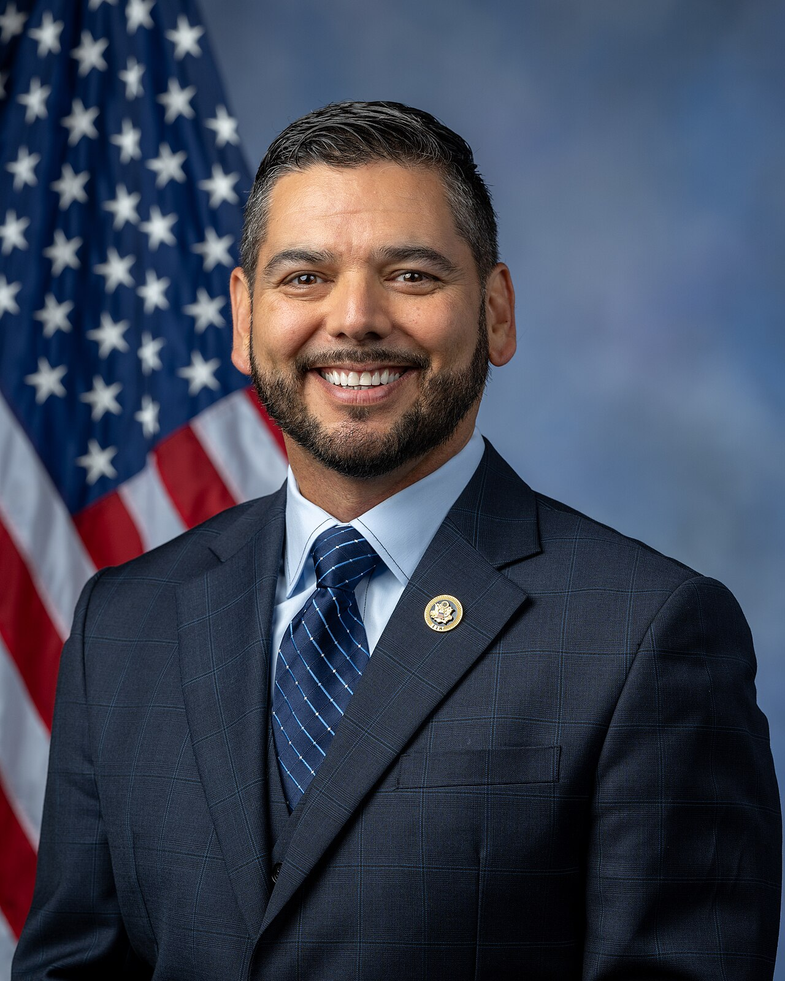H.R. 4493: Climate Health Emergency Act of 2025
This bill, known as the Climate Health Emergency Act of 2025, aims to address the public health risks associated with climate change. It positions climate change as a significant threat to public health, linking it to increased incidents of extreme weather and outbreaks of infectious diseases. Here are the main components of the bill:
Findings
The bill outlines several findings, including:
- Over the past decade, the Secretary of Health and Human Services has made numerous public health emergency declarations, many of which are tied to extreme weather events.
- Evidence indicates that climate change significantly contributes to these extreme weather patterns and the spread of diseases, which justifies the need for immediate federal action.
- The World Health Organization and other entities have identified climate change as a leading health threat of the 21st century, further supporting the urgency of this legislation.
- The current public health infrastructure in the United States is not adequately prepared to handle the increasing challenges posed by climate change.
- There is a moral and strategic responsibility for the United States to mobilize resources and enhance its public health system in response to climate-related health crises.
Declaration of Public Health Emergency
The bill mandates that the Secretary of Health and Human Services must declare a public health emergency specifically related to the health risks arising from climate change. This is intended to facilitate a coordinated federal response to improve preparedness and resilience in public health infrastructure.
Objective
The overall objective of this bill is to ensure that federal resources and data sharing are optimized to build a public health system capable of effectively confronting the challenges presented by climate change, especially for vulnerable populations within communities.
Implications
If enacted, the bill would likely lead to enhanced federal involvement in addressing climate-related health issues and could initiate various programs aimed at improving public health responses to climate emergencies. This may include increased funding for research, better emergency preparedness, and improved coordination among federal agencies.
Relevant Companies
None found.
This is an AI-generated summary of the bill text. There may be mistakes.
Sponsors
17 bill sponsors
-
TrackMaxine Dexter

Sponsor
-
TrackYassamin Ansari

Co-Sponsor
-
TrackNanette Diaz Barragán

Co-Sponsor
-
TrackWesley Bell

Co-Sponsor
-
TrackSalud O. Carbajal

Co-Sponsor
-
TrackPramila Jayapal

Co-Sponsor
-
TrackJennifer L. McClellan

Co-Sponsor
-
TrackEleanor Holmes Norton

Co-Sponsor
-
TrackEmily Randall

Co-Sponsor
-
TrackRaul Ruiz

Co-Sponsor
-
TrackBradley Scott Schneider

Co-Sponsor
-
TrackLateefah Simon

Co-Sponsor
-
TrackMelanie A. Stansbury

Co-Sponsor
-
TrackShri Thanedar

Co-Sponsor
-
TrackRashida Tlaib

Co-Sponsor
-
TrackPaul Tonko

Co-Sponsor
-
TrackNydia M. Velázquez

Co-Sponsor
Actions
3 actions
| Date | Action |
|---|---|
| Jul. 22, 2025 | Sponsor introductory remarks on measure. (CR H3548-3549) |
| Jul. 17, 2025 | Introduced in House |
| Jul. 17, 2025 | Referred to the House Committee on Energy and Commerce. |
Corporate Lobbying
0 companies lobbying
None found.
* Note that there can be significant delays in lobbying disclosures, and our data may be incomplete.
Potentially Relevant Congressional Stock Trades
No relevant congressional stock trades found.